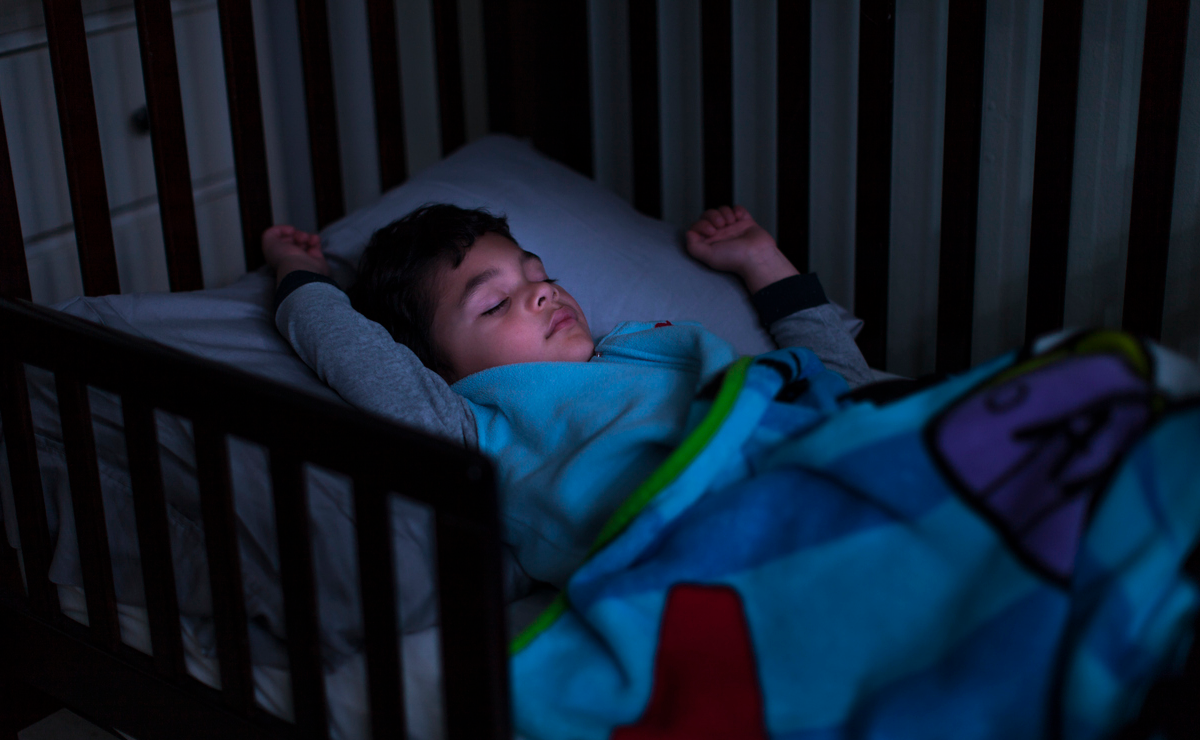
In the early stages of potty training, a lot of your energy will go into making sure your child stays dry during the day. You’ll help them recognize when they feel the urge to go and encourage them to take breaks from playing to go potty and avoid leaks and accidents. But what do you do once it’s time for sleep? We chatted with our Potty training expert, Quiara Smith, a pediatric pelvic floor OT and instructor for our on-demand Potty Training class, to explain just how to make night time potty training easier.
When it comes to potty training at night, the vast majority of children are simply not biologically capable of staying dry overnight until about 4 or 5 years old, though for some, it can be even later than that. Even if your child transitions away from daytime diapers, there will likely be a lengthy period where they are still wearing a diaper at night — and that is normal. This will not confuse your child or encourage any type of regression.
How do we help children acquire the skill to wake when they have to use the bathroom? Notice we say “skill”. Learning to use the potty is a skill just like learning to walk or talk. We, as parents, have to guide them. The good news is, it almost comes naturally. To help your child stay dry overnight remember two things:
- Give their body time to mature
- Monitor their daytime potty habits
To help with potty training at night, monitor their daytime habits. The main thing we are looking for is signs of constipation. These signs include:
- Moving their bowels less than 3x per week
- Stomach pain, bloating, swelling or gassiness
- Small pellet shaped or hard poop
We look for signs of constipation because constipation can cause a host of other problems, one of which is bedwetting. Chronic constipation can cause bedwetting because when a child is constipated, stool in the bowels and rectum push on the bladder and can cause leaks overnight.
If constipation is not an issue, over time, parents can expect to see their child have more and more dry diapers while sleeping approximately 6 months after the initial potty training process. If your child goes for 2 weeks without a wet diaper overnight, you can then try to transition to underwear for overnights — though you may want to keep a waterproof cover on the bed just in case.
To learn more about how to potty train your child without the stress, check out our on-demand class, Potty Training: The Stress-Free Guide to Success. We’ll walk you through exactly how to teach your child to use the toilet on their own, plus how to address nights, naps, and how to handle any challenges that might come your way.




